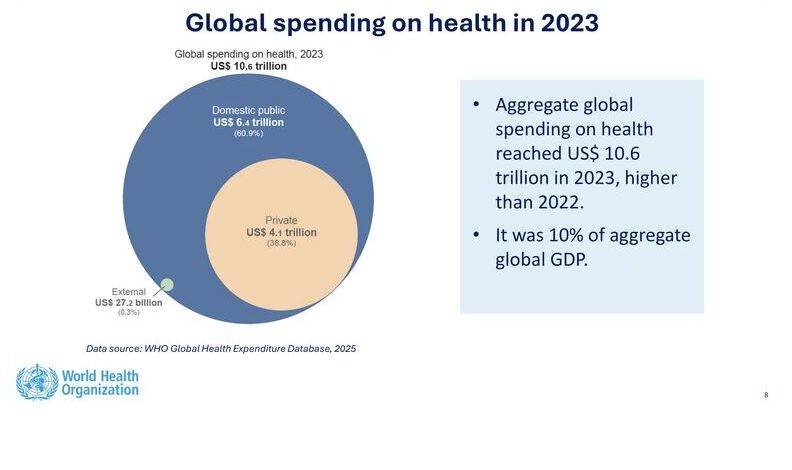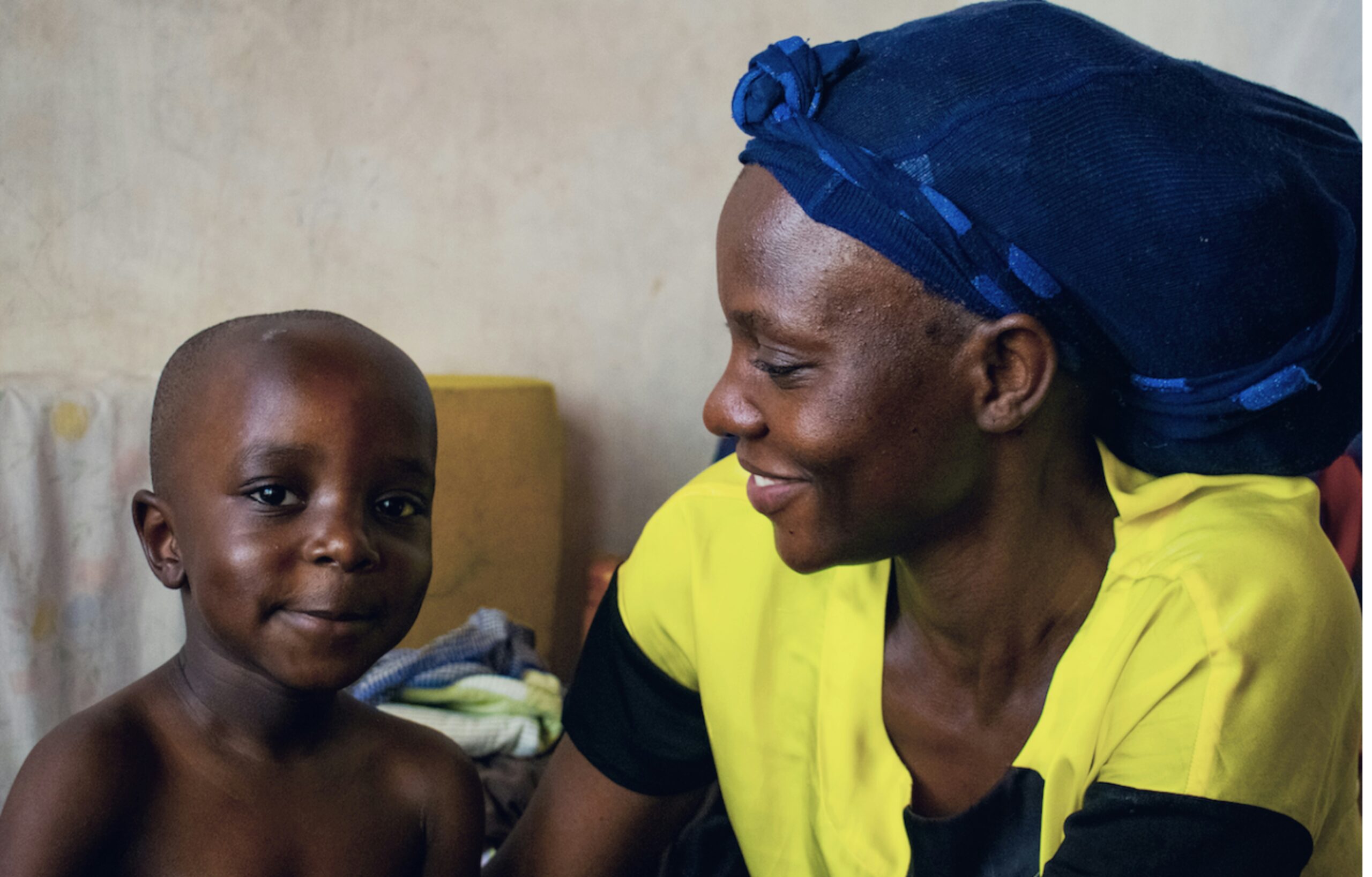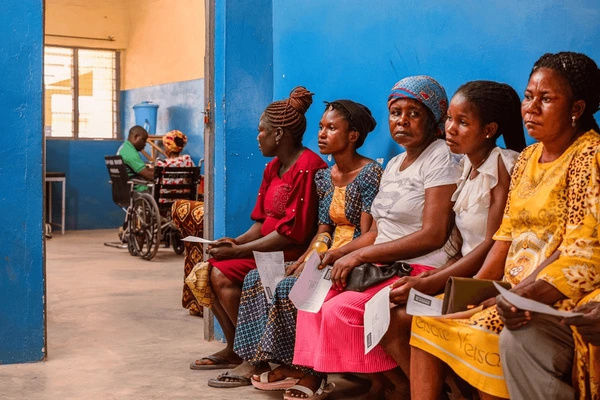The Maldives has made major progress toward Universal Health Coverage (UHC) through expanded public health financing and the establishment of Aasandha, a national insurance program covering both public and private providers. However, the health financing system has...
Tracking universal health coverage: 2025 global monitoring report
Universal health coverage (UHC) is central to the global commitment to ensure that all people can access quality health services without financial hardship, as articulated in the Sustainable Development Goals (SDGs) with a target date of 2030. As this deadline...

APEC advances collaborative agenda to close women’s health financing gaps
APEC economies are strengthening cross-sector collaboration to close women’s health financing gaps, shaping a new regional framework to expand access to essential services through innovative financing.APEC economies are intensifying efforts to address persistent...

WHO releases 2025 update of the global health expenditure database
WHO has released updated health expenditure data for 190+ countries, including new visual dashboards and technical resources, covering spending trends from 2000–2023.The World Health Organization has officially launched the 2025 update of the Global Health Expenditure...

Kenya Boosts Cancer Coverage and Advances Universal Health Reforms
President Ruto announced expanded cancer coverage and key UHC reforms, including improved medicine supply and a new hospital equipment model. The government now insures 2.3 million vulnerable citizens, with goals to enhance efficiency, quality, and equity in...

Nigeria and Cross River strengthen commitment to UHC
Nigeria and Cross River State reaffirm commitment to UHC progress at the 66th National Council for Health. Key reforms include expanded health insurance, primary healthcare upgrades, and increased federal funding. WHO and development partners support coordinated...
Public Health and its Financial Challenges: Models and Results (Ecuador)
This research by Katherine Porras Valarezo in Ecuador (2025) shows the complexity of aiming for universal health coverage. It highlights challenges in equitable access in a country with institutional fragmentation and high rates of labor informality and structural...
At a crossroads: Prospects for government health financing amidst declining aid
The World Bank’s report delivers an assessment of how low- and lower-middle-income countries are struggling to fund universal health coverage (UHC) as economic uncertainty deepens and development assistance declines. Part of the annual Government Resources and...

Optimizing essential medicines lists to improve health and save costs
Many countries waste health resources by not systematically updating their essential medicines lists. Evidence-based reviews—like Uganda’s, which found savings from smarter diabetes drug choices—can improve access, equity, and health outcomes while freeing funds for...

Understanding the financial hardships faced by TB/HIV patients in Indonesia during the pandemic
This study examined out-of-pocket (OOP) spending and catastrophic health costs among tuberculosis (TB) and HIV patients in Bandung and Yogyakarta, Indonesia, during the COVID-19 pandemic using a mixed-methods approach. About 5.13% of households faced catastrophic...
Time to fully account for cost in monitoring financial protection and universal health coverage in low- and middle-income settings
This commentary, Time to Fully Account for Cost in Monitoring Financial Protection and Universal Health Coverage in Low- and Middle-Income Settings, published in Health Policy and Planning (18 November 2025) by Peter Binyaruka and Josephine Borghi, challenges current...

Armenia Advances Public Health with Tougher Tobacco Laws and Universal Health Insurance
Armenia’s tougher tobacco control laws and upcoming universal health insurance reform are designed to work together to reduce disease and protect families from catastrophic medical costs. Armenia’s First Deputy Health Minister, Lena Nanushyan, said the country’s new...
Legislative Decree No. 90 of 1997, Health Code (Guatemala)
The Health Code promulgated by the government of Guatemala in November 1997, establishes the duty of the Ministry of Health and the rights of citizens with respect to free health coverage (among others).

Experts warn global funding cuts threaten progress in reproductive health
Experts at the Family Planning 2030 conference warned that global aid cuts, led by the U.S., threaten decades of progress in reproductive health and access to contraception worldwide. At the International Conference on Family Planning in Bogotá, experts warned that...
Catalyzing solutions for equitable global access and sustainable financing for novel tuberculosis vaccines for adults and adolescents
The newly released WHO report, 'Catalyzing solutions for equitable global access and sustainable financing for novel tuberculosis vaccines for adults and adolescents', underscores the urgent need to transform the global response to tuberculosis through coordinated...
